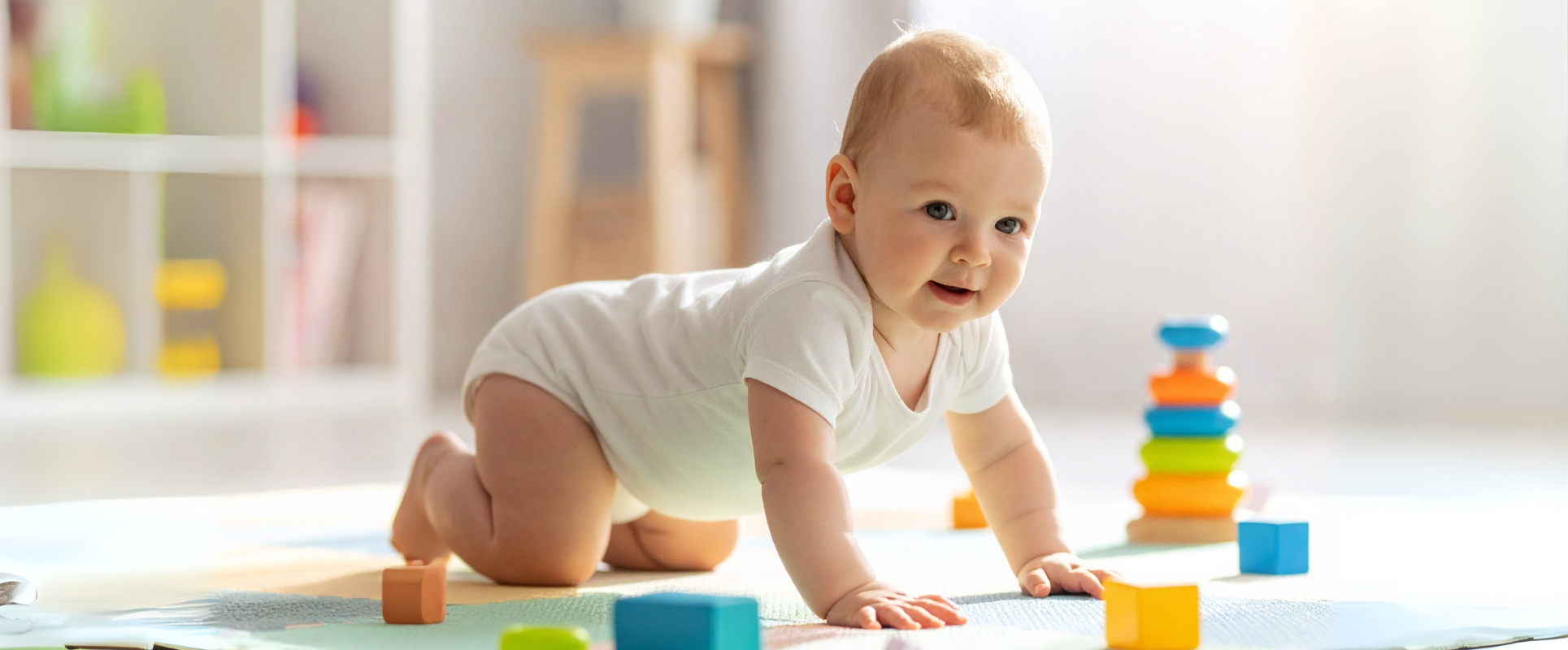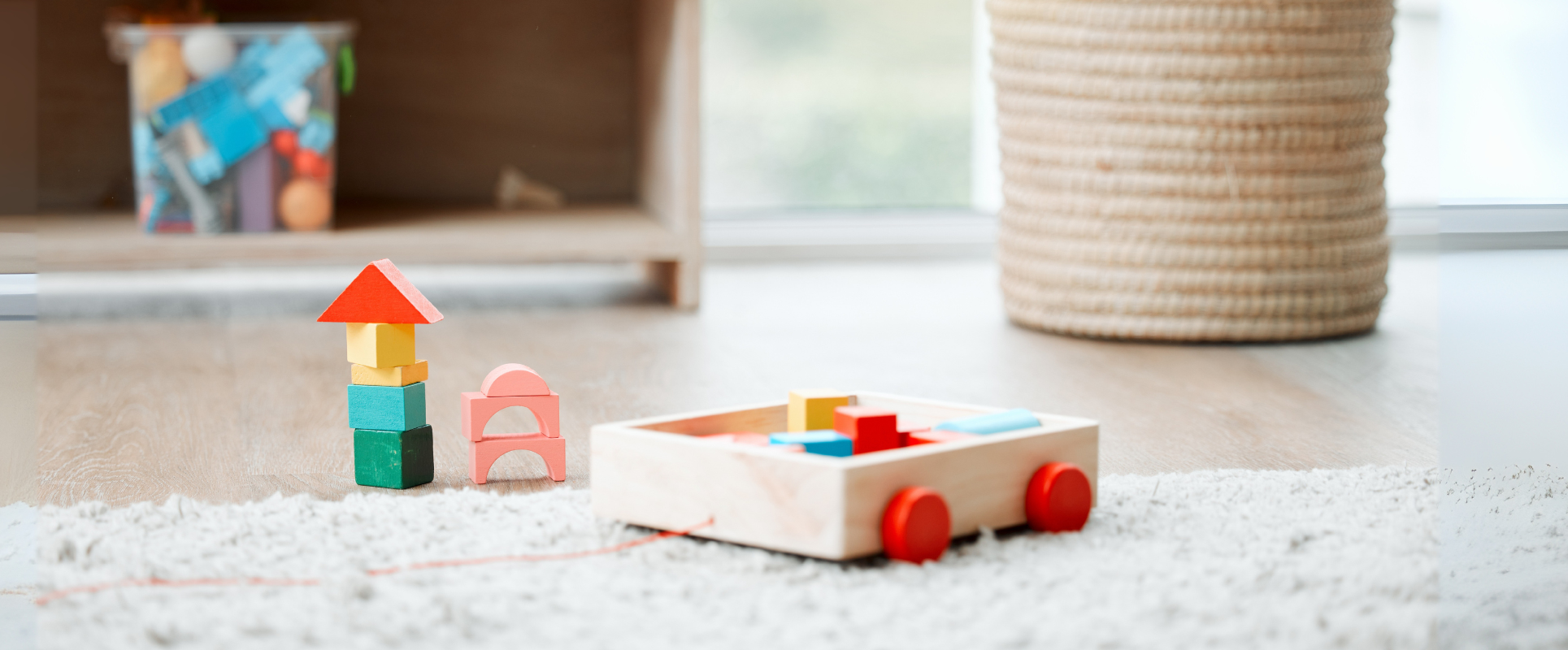
Brain Development Tips for Children: Simple, Science-Backed Ways to Boost Your Child’s Mind
Every parent wants to help their child grow up smart, curious and ready for the world. Brain development in children happens rapidly during the first years of life, and daily habits play a significant role in shaping how your child learns and thinks.
In this article, you will discover simple, science-backed tips to support your child’s brain development naturally. These practical strategies, grounded in research, can be easily applied in your daily routine to help your child reach their full potential.
Why Early Brain Development Matters
During the first five years of life, a child's brain forms over 1 million new neural connections every second (Center on the Developing Child, Harvard University). Early experiences with play, movement, nutrition and emotional bonding influence brain wiring, language skills, emotional regulation and lifelong learning ability.
1. Encourage Free Play and Exploration
-
Why it works: Play promotes creativity, problem-solving and social skills. Unstructured play allows children to experiment and learn cause-and-effect.
-
Try this: Create a safe environment where your child can crawl, climb, stack blocks or explore nature.
2. Read Together Daily
-
Reading stimulates language development and strengthens bonding.
-
Use picture books, name objects and ask your child to point out items.
-
Reading even 15 minutes a day helps increase vocabulary and comprehension.
3. Prioritize Nutritious Foods
-
The brain needs nutrients like omega-3 fatty acids (from fish), iron (beans, spinach) and choline (eggs) for healthy development.
-
Avoid excessive sugar and processed foods that may affect attention.
-
Hydrate with water rather than sugary drinks.
-
Source: CDC Nutrition Guidelines, “First Bite” by Bee Wilson.
4. Ensure Quality Sleep
-
Sleep is vital for memory consolidation and growth hormone release.
-
Create consistent bedtime routines and ensure your child gets age-appropriate sleep:
-
Toddlers: 11–14 hours
-
Preschoolers: 10–13 hours
5. Foster Emotional Security
-
Respond to your child’s needs with warmth and consistency.
-
Positive parent-child interactions help develop emotional regulation and stress resilience.
6. Limit Screen Time
-
Excessive screen time may hinder social and language development.
-
For children under 2 years, avoid screens except for video chatting.
-
For children 2–5 years, limit to 1 hour of high-quality programming.
7. Encourage Music and Movement
-
Singing, dancing and rhythmic activities strengthen auditory processing, memory and motor skills.
-
Try playing simple songs, using instruments or dancing together.
8. Talk and Listen Actively
-
Engage in two-way conversations, even if your child can only babble.
-
Describe what you are doing, ask questions and respond to your child’s vocalizations.
-
This strengthens language pathways in the brain.
9. Let Them Help with Simple Tasks
-
Allow your child to participate in small chores like putting toys away or stirring pancake batter.
-
This develops executive function, sequencing and motor planning skills.
10. Practice Mindfulness and Calm Together
-
Teaching your child to take deep breaths or notice their feelings helps with emotional regulation.
-
Simple mindfulness practices can reduce anxiety and improve focus.
Final Thoughts
Supporting your child’s brain development does not require expensive tools or apps. Simple, consistent, nurturing actions like reading, playing, talking and providing nutritious food and emotional warmth make a significant difference in your child’s ability to learn and thrive.
Take small, daily steps and remember: you are your child’s most important teacher.
References
-
Center on the Developing Child, Harvard University: developingchild.harvard.edu
-
American Academy of Pediatrics: aap.org
-
“The Whole-Brain Child” – Dr. Daniel Siegel & Dr. Tina Payne Bryson
-
“Brain Rules for Baby” – John Medina
-
CDC Nutrition Guidelines: cdc.gov/nutrition
-
“First Bite” – Bee Wilson








